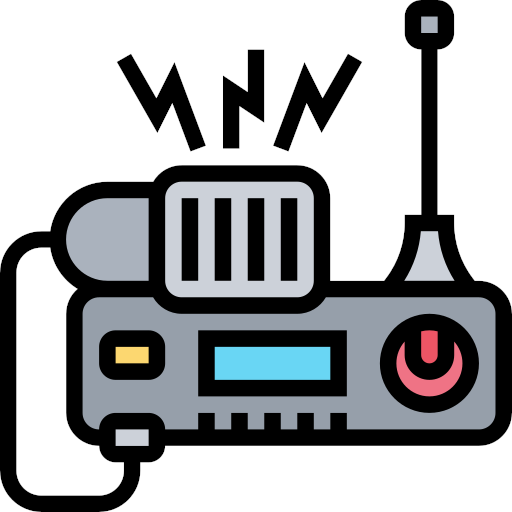Ham radio – does it have a future?

Are you already a ham? Welcome and 73s. But maybe you are active on GRMS or CB, or listening in on a receiver or SDR? Are you wondering about ham radio and if it is worth the work you have to put in to get a license? How is the world of radio amateurs?
I got my first license in the early 80s. But then the Internet thing started and I got busy on chats, IRCs, news groups and I let my license expire. Just about a few months ago, I went through another exam and (re-) got my technicians ticket – the lowest class of ham license. And boy – things are really different now.
Why? Digital changed a lot. Not everything, but a lot. And I am not only talking about DMR (digital mode radio) which allows you to talk around the world with a hand held or even completely without a transceiver at all. Software defined radio (SDR) – which pretty much is a computer acting as a radio – makes it possible to buy a capable dual band (VHF / UHF) for less than a hundred dollars.
People have changed too.
In the ham community, you’ll find pretty much four types of people (often in combination) : The “know it all” folks who give everybody a lecture about how things were better when there still was a requirement to learn morse code in order to get a license. The “HF” people who would never use digital because it’s not “real” ham – but in reality most don’t use digital because they can’t figure out how to program the radio. And of course the brand sticklers who won’t answer any question or offer any help if it’s not about a Yeasu or Icom radio, instead punishing you with cold contempt should you just mumble a word that sounds like Baofeng or Anytone.
And then – there’s the rest of us. We play with the tech we can afford, enjoy a DRM chat or two with random folks from all over the world and just have fun with the hobby.
But in a world of cell phones, the Internet, satellite and GMRS: Does ham has any meaning? Does it have a future?
Well – people still go fishing and hunt even though they can buy food around the corner. Ham as a communications environment is mostly dead. Gone are the days where operators discussed everything from soldering to general political issues on the local repeater or with some distant friends over HF. It still happens – but not how it was before the Internet came along.
Ham still may have some relevance in emergency situations. But looking at Ukraine, everything there is covered by VHF/UHF ( a cheap radio can do digital with encryption ) for short range communications and satellite links to connect to the rest of the world. And when it gets really ugly, like Yellowstone blowing up, nobody is really going to care if you have a ham license or not.
Tinkering always was one aspect of being a ham. It’s fun to hook up a Raspberry Pi as your own personal repeater (hot spot), connect to it with your hand held and talk to somebody in Taiwan. The long haul being provided by the Internet of course. And if it amazes you that it is possible to communicate across the pacific ocean – over the air with less power required than an old fashioned light bulb, than ham is still relevant for you.
Michaela Merz is an entrepreneur and first generation hacker. Her career started even before the Internet was available. She invented and developed a number of technologies now considered to be standard in modern web-environments. She is a certified New Mexico Search & Rescue volunteers, a Wilderness First Responder and an FAA Part 107 certified UAS pilot and a licensed ham .
